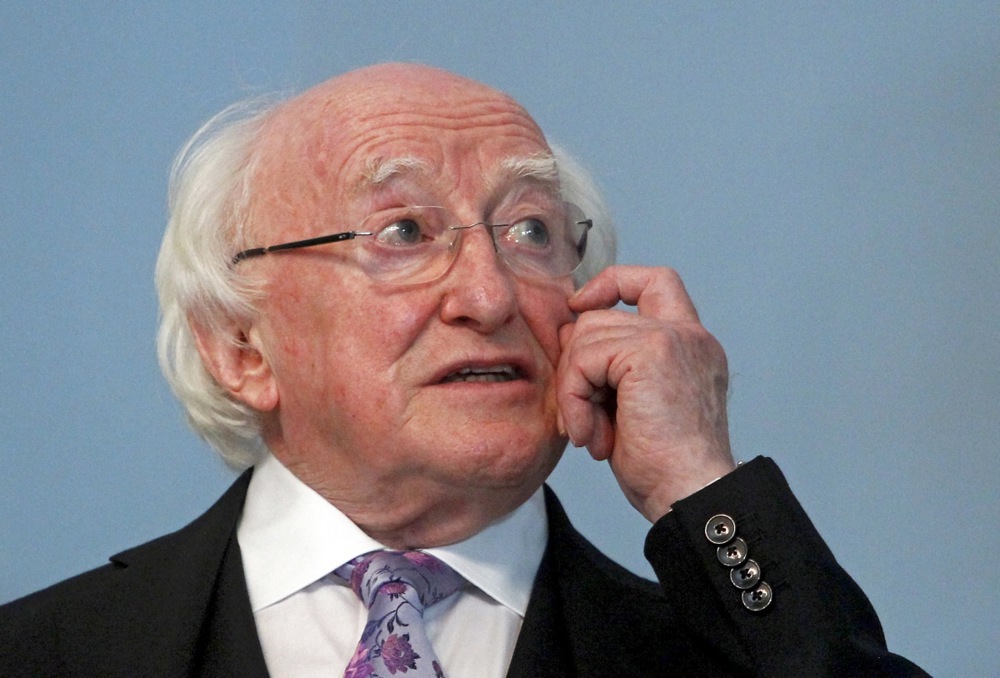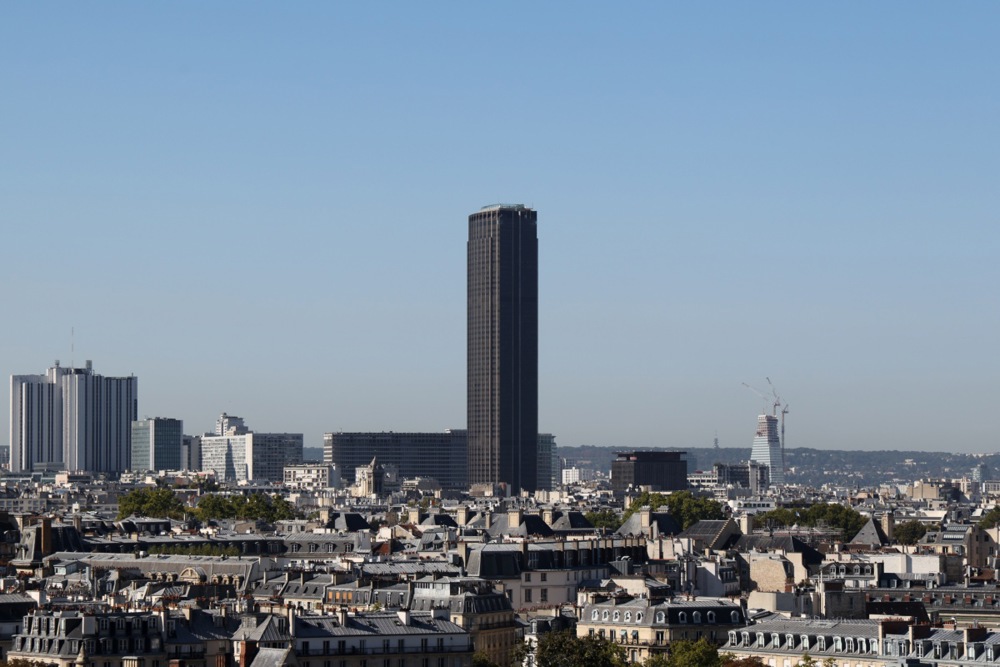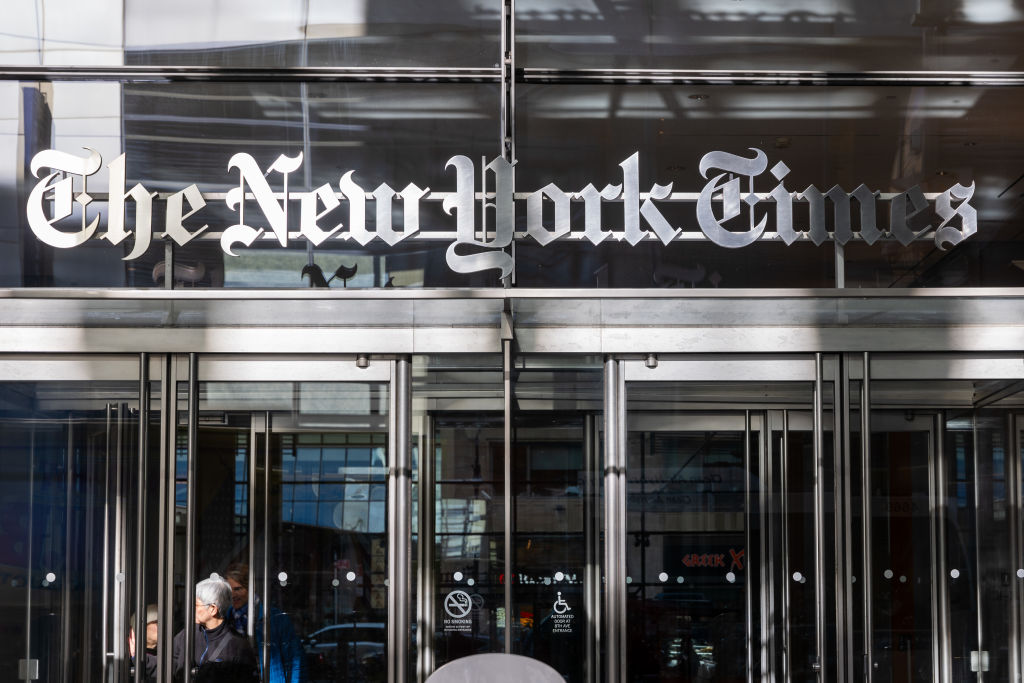Is there a happy harbinger in the news that sales of the largely (but not entirely) French-made Airbus 320 have overtaken those of the Boeing 737? As an admirer of most things American and a critic (these days, anyway) of many things French, it is refreshing to see my general dispositions upended by the success of the Airbus 320, with sales now at 12,260 aircraft. Anyone who has flown in either aircraft would not be surprised. The Airbus flies like an angelic eagle: the 737 is like a Model T Ford with asthma. Admittedly, my last 737 flight was in a Ryanair €45 return to Eindhoven, three hours late and with seats of ridged concrete, while the air-hostesses behaved like Gurkhas bayonet-charging a Japanese machine-gun-nest. And yes, I know that “hostess” is outlawed these days. Why? For the same reason that Boeing is in trouble, namely, the triumph of political priorities over truth. Can it be all that simple? Well, sort of.
Let’s start at the beginning of Airbus International. Its largely-French engineering culture was founded by the late and very great Roger Béteille, who insisted that the Airbus’s company headquarters remain alongside its manufacturing plant in Toulouse. That city is the hub of France’s aerospace industry, having been chosen around 1930 by Emile Dewoitine, the designer of the finest French fighter-plane of the Second World War, the Dewoitine B.250, the equal of the Spitfire and Messerschmitt 109. It’s often forgotten that France was an aviation-pioneer, hence all those French words in modern aerospeak, such as fuselage, aileron, hangar and pitot head.
Around the same time, a handful of dynamic US engineers, usually of German, Dutch or Scottish origins, were creating what would become (and remain) the world’s most powerful aircraft industry: Martin, Douglas, McDonnell, North American and Boeing. Famously based in Seattle, the latter’s B-17 and B-29 bombers helped win the Second World War, its B-52 (first flight 1952 and still operational) helped win the Cold War, while Boeing’s many airliners changed the world.
However, its more recent acquisitional greed and the sleazy primacy of politics led Boeing to the capture of most of its rivals, including the already-unwieldy conglomerate, McDonnell-Douglas. The three companies historically and culturally had “f” in common. McDonnell’s pilots flew fighters, Boeing’s pilots flew families, and Douglas, as it turned out, flew f-all. Boeing buying McDonnell & Douglas was like Durex buying Cow & Gate baby food maker. Meanwhile, Boeing moved its headquarters from the healthy Washington, namely the state, to Arlington, the diseased suburb of the other one, to haggle with the putrid sewers of power in DC, not to build things well according to the Béteille formula.
In the round, this was probably how Boeing won the contract to build the Starliner earth-orbital transporter, with its first crewed flight in 2024 and the humiliating failure of which is a parable of the company’s downfall. Instead of being just eight days in space, its two crew-members, Barry Wilmore and Sunita Williams, spent nine months stuck in earth-orbit, keeping their bodily crevices clean with wet-wipes and emptying their bowels into plastic bags, from which all water was sucked before being recycled for them to drink and re-drink, endlessly, for nine months. They were finally readmitted to the human race last March, probably after being hosed down with turbine-powered fire-hydrants. If Boeing’s head-office in Arlington is ever turned into molten-glass by a no-warning nuclear strike, the FBI should perhaps begin their investigations by looking at Williams’ and Wilmore’s alibis.
So, unlike the human calamities befalling Boeing 737 Max, the saga of the Starliner gives an unfatal insight into Boeing’s deranged priorities. To be sure, the Airbus story is not untroubled by corruption, and how else could it be? This is the EU we’re talking about, not a life of St Bernadette starring Shirley Temple. Whereas serious corruption is deadly serious in the USA because the stakes are so high, in the EU it is also deadly because the stakes are so low. The EU is like a post-Hapsburg Austria, but without the prelude of a glittering empire, Strauss waltzes and Vienna’s golden age. Is it possible to speak of the Golden Age of Brussels, without weary cliches about gilded brassicas? The Airbus today is a shining example of the glorious France that once was. By contrast, it also reveals what both France and the EU largely are today: Bereft.
I don’t write this as a sneering Anglophone Francophobe but as an ardent Francophile. Some of my greatest gastronomic experiences have been in France, from lunches in domestic kitchens serving a no-choice set lunch for whomever showed up, to unforgettable dinners in Michelin-starred restaurants in Lyon, Normandy and Paris. The greatest of these was in Restaurant Guy Savoy in Paris in the late 1990s, the worst, in the same restaurant last month, a disgraceful Michelin-starred farrago whose extravagant awfulness was intensified by the abject cynicism of Savoy himself, festooned in his chef’s whites, posturing for photographs. It was easily the most expensive meal of my entire life, and accordingly, the worst, because I know what that restaurant and its proprietor had been capable of. Now? Culinary Pétainism.
A terrible wound has been struck into France’s soul, a state-authorised listlessness that was blueprinted by President Mitterrand’s 110 propositions of 1981, which now serve as the template for any society seeking to reward lethargy, discourage initiative and embrace ruin. That the Airbus has so far resisted what is a generally fatal illness might be because of its international components or – as I prefer to believe – because of the founding benedictions of Roger Béteille. Certainly, much of France has fallen, and the laws of human epidemiology are the same, whether the virus be mental or physical.
As it happens, Covid was both. It first erupted in Wuhan exactly six years ago, and within days was spreading its evil around the world, borne on airliners’ wings. That’s the grim viral scenario, but there is an alternative. A vibrant work-ethic can also become viral, as evinced by the 16th Century Huguenots. Will the Toulouse virus do the same for today’s France, borne on the virtuous wings of the mighty Airbus 320? The choice is simple. Hope and fly or mope and die.
Kevin Myers is an Irish journalist, author and broadcaster. He has reported on the wars in Northern Ireland, where he worked throughout the 1970s, Beirut and Bosnia.





Jew-hatred now marked ‘Made in Great Britain’